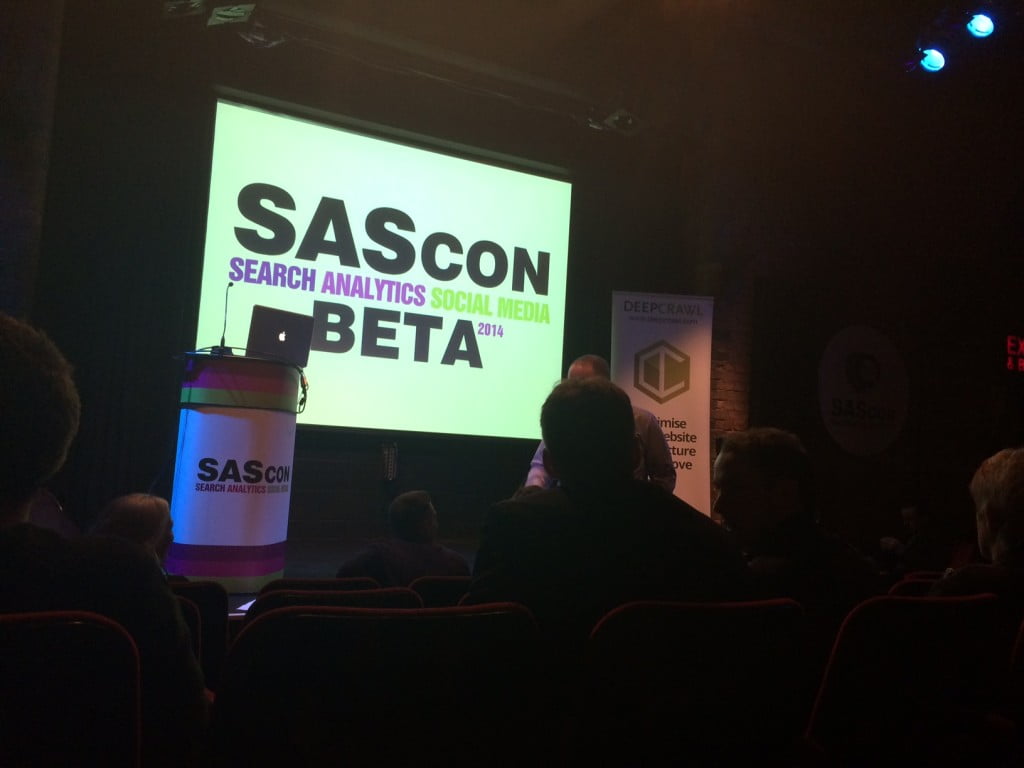People who used the internet in its infancy will remember that it’s not always been as easy to find what you’re looking for as it is today. This is partly because the web was not as large a resource, but it was also because we were still learning how to index it.
Cast your mind back to Ask Jeeves, which actually invited users to ask questions in the same way as you would a human being, except you were targeting them at a computerised cartoon butler. The only problem was that Jeeves was, by and large, a bit of a divvy. He didn’t understand basic questions, and would just drag up anything vaguely related to the words you entered. He was programmed to be able to answer a selection of specific questions, but overall he was a bit like a politician – he answered the question he wanted to hear rather than the one you asked.
Gradually, users have learned to search using specific keywords rather than to pose questions, so it’s interesting to see that search engines seem to be trying to revert back to offering a Q&A service, where you can ask Google, Bing or Yahoo! a question and get a response similar to one you’d expect from a knowledgeable human being.
Searching for solutions
Four of the Engage Web team went along to SAScon BETA in Manchester on December 2nd to hear some of the leading figures from search, analytics and social media give their views on the digital world. A recurring theme seemed to be the idea that search engines need to become more intuitive, perhaps even to the point where they know what their users want before the users themselves do.
Perhaps both the most interesting and controversial talk of the day came from James Murray, the Search Advertising Lead for Microsoft UK. Microsoft is particularly keen to take search “outside the box”, and allow users a greater access to information without confining it to a search box. Murray was the first to admit that Bing has something of an image problem among web experts, but spoke excitedly about Cortana (its answer to Apple’s Siri) and the company’s focus on expanding search beyond simple text.
Much of what he said sounded impressive, particularly the idea of what almost seemed like a reverse image search, whereby Cortana and Bing are able to analyse a picture of a dog, for example, and tell the user what breed it is. Murray went on to describe the possibility of photographing your surroundings and being told which city you’re in, or feeding in a picture of a gift you like the look of and benefiting from advice on what it is and where to buy it. These are exciting and, more importantly, practical services.
Search for the sake of it?
Other developments came across as a little gimmicky and unnecessary, and seemed to waive our right to not actually search for something. Murray talked of the potential for search within email, so that if you were to receive a message about a band playing at a certain venue, you would instantly be presented with information about both the band and the venue.
Aside from the concern that Microsoft seems to want to read your emails before you do, let’s also consider the names of some of the most talked-about bands and artists:
- Pink
- One Direction
- Royal Blood
- Queen
- Kiss
Bear in mind here that, although these are names of musicians, they’re also commonly used phrases outside of music. Do we want our emails to show us a picture of Gene Simmons every time we use the word ‘kiss’? Do we trust Bing to present information to us where the convenience and relevance outweighs the spamminess and intrusiveness? Given that we’ve obviously got access to the web if we’re receiving emails, is it that hard for us to just search for something ourselves – if we choose to?
We’re all for developing search but, to some extent, Microsoft seems to be trying to solve a problem that doesn’t exist and forgetting that, as humanised as search engines might become, they are powered by humans and exist for humans. If they try to second guess what we’re looking for, how long before the Internet searches us?
- How to find a circular reference on Excel - May 23, 2024
- Five life skills learned from internet marketing - January 3, 2024
- How artificial intelligence can (and can’t) help you write content - September 29, 2023




